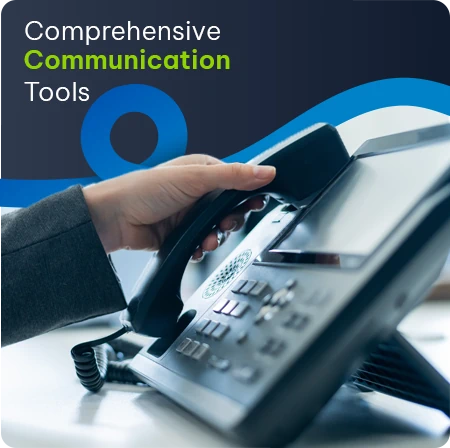It’s your first line of defence against just about every cyber-attack imaginable. When it comes to home email security, you can’t be too safe.
We all use email so often every day, the importance of it has almost become an afterthought as most of us manically rush to open every digital envelope and reach the elusive inbox zero.
Who has time to actually read, let alone make sure that link you’re clicking on or file you’re about to open looks legit? It’s for this reason (among a few others) that email has become the most popular method of attack for cyber criminals.
Even if most of the mails we send don’t include pieces of important information – like our banking details or ID numbers – it doesn’t mean they don’t hold any value to cyber criminals who may use that info to gain your trust and create targeted phishing attacks.
No matter what you put in an email, including your nicknames for your cat and the last thing you ate for breakfast, chances are it has value to someone other than the person you’re sending it to. Also, let’s not kid, that’s exactly the kind of info you’re using to create your millionth password for the month when you have absolutely no more passwords left in you.
Valuable Info? Go Phish
Which brings us to phishing. Unlike fat with a ‘ph’, fishing with a ‘ph’ has never been cool. Phishing emails are responsible for 90% of cyber-attacks, and it’s just getting worse.
They’ve evolved beyond the standard ‘long lost deceased uncle’ narrative with the promise of millions in unclaimed inheritance and become a lot more convincing in their approach, often impersonating trusted brands or organisations to trick you into clicking that link or giving away your personal information.
Even though it’s always best to manually check each email address or hover your curser over each URL to double-check its destination, with so many emails flooding your inbox each day, having a reliable cyber security software with anti-virus and a password manager will definitely take the pressure off.
A good anti-virus solution will automatically alert you to any suspicious links or block them. Additionally, a good email gateway security solution will stop those malicious mails coming through to you in the first place.
Keep it Private
Anti-virus and anti-phishing software are excellent for protecting your inbox from malicious content and guarding against cyber criminals stealing your data, identity, and money.
Vox Internet Security is powered by Kaspersky Total Security – a comprehensive home Cyber Security solution that allows you to protect one or more of your home devices under a single licence. Kaspersky Total Security includes everything from anti-virus to parental controls and password managers.
If you’re sending emails using a browser (like via Gmail), Total Security will provide private browsing capabilities to stop websites tracking your activity and data.
Meaning those creepy, often all-too-accurate targeted ads will be a thing of the past. It also hides your data before you send it out into the wilds of the worldwide web, allowing you to shop peacefully and securely as nature intended – from the comfort of your own home.
Lock it Down
And if you’d really like to have all your bases covered, then choose a Cyber Security solution that allows you to secure your emails via a cloud gateway solution and also store it securely on your PC.
While, technically speaking, its main purpose is to keep enterprise email secure and safe from prying eyes, Synaq Securemail is also an affordable solution for home users too, offering email security for three users or more for less than R100 per month.
It’s a bargain, considering the fact that Securemail provides 99.95% spam protection, 100% virus protection, phishing protection, identity threat protection along with malware and ransomware attack removal via URL-based phishing and the ability to whitelist / blacklist email senders in a single solution.
A combination of Kaspersky Total Security and Synaq Securemail offers you the greatest prevention against possible ransomware attacks. Because honestly? It’s a jungle out there and, yes, even home users are considered fair cyber game.











